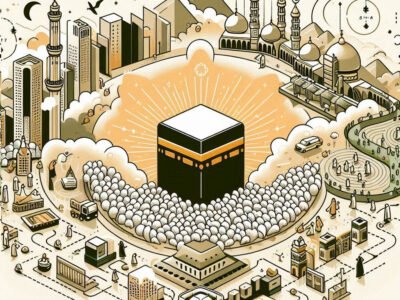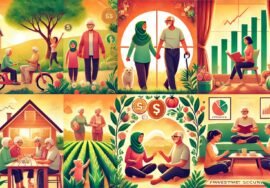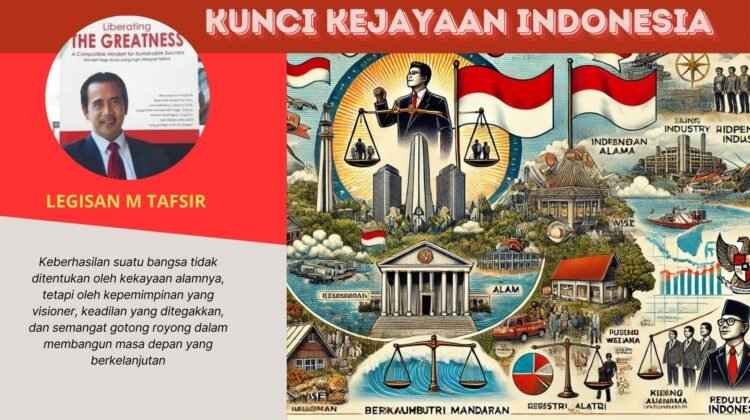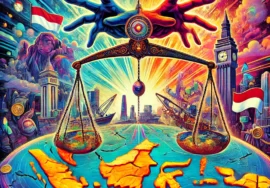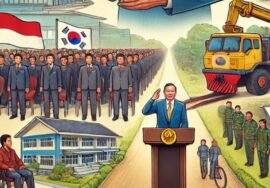Greatness Indonesia: A Blueprint Initiative for Indonesia’s Glory
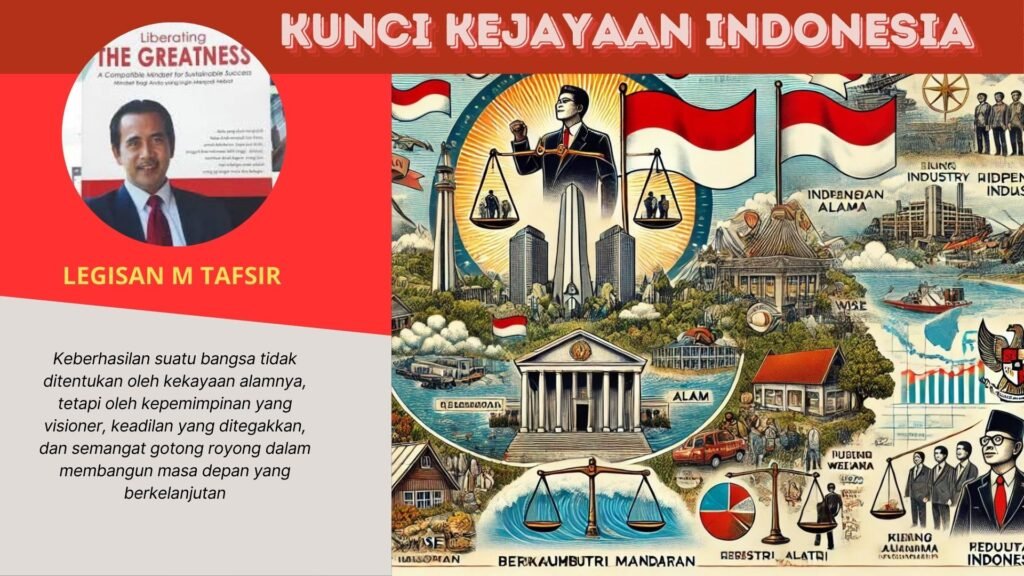
Is a nation’s greatness determined by its natural resources? No. In fact, many nations rich in natural resources fall victim to the “resource curse.” Their lands are abundant, yet their people remain poor, burdened by injustice and conflict. Conversely, many countries with scarce natural resources have advanced, becoming modern, prosperous nations that surpass resource-rich countries.
Is it because of their human resources? Not exactly. Populations do not suddenly become intelligent, creative, innovative, hard-working, and fully capable overnight. Human resources are always the result of a process—of transformation. Thus, it’s not about the human resources themselves, but about the process of transformation.
Is it because of religion? Again, no. Modern material progress is largely separated from religious elements. Religion is considered a personal matter and not seen as a capital for development.
The factor that most closely explains the success or failure of a nation is national leadership and its development politics.
National Leadership
Look at Emperor Meiji, who led the Meiji Restoration, transforming a closed and conflict-ridden Japan into a nation that could stand shoulder-to-shoulder with Europe and America.
Look at Park Chung-hee, who turned post-colonial South Korea into a confident nation, a world-class exporter of steel, cars, and electronics.
Look at Mahathir Mohamad, Lee Kuan Yew, and Deng Xiaoping, who transformed their countries and mobilized their people to grow into more prosperous nations.
Indonesia has had seven presidents over the last 76 years. Per capita income has indeed risen from US$80 in 1960 to US$4,000 in 2021. But this is still far behind China, which has already reached US$10,000—even though 28 years ago it was twice as poor. Or compared to South Korea, which is already at US$35,000.
These seven presidents have yet to successfully mobilize Indonesia’s vast natural wealth to become a great, peaceful, and prosperous nation, on par with the world’s advanced countries.
Leadership is the ability to orchestrate a nation’s potential—by building a shared mission and vision with the people, and then mobilizing them into a transformative and participative force, resulting in equitable growth for all.
Effective leadership is the ability to produce sustained, high growth, which in turn rapidly improves public welfare.
A self-critical review of Indonesia’s national leadership thus far reveals insufficient capacity and integrity.
In various negotiations with global powers, Indonesian leaders have not demonstrated enough sovereignty to protect the domestic realm from destructive foreign interests. Global interventions and pressures have repeatedly led to decisions that weaken Indonesia’s foundations—whether in international trade, foreign investment, external debt, or global security and order.
Going forward, we must have a national leader who is capable and sovereign enough to protect Indonesia’s domestic interests from destructive foreign forces.
This leader must also be able to uphold justice within the country, including both distributive justice and commutative justice.
Distributive justice is the mandate of the state to create a fair, prosperous life for the greatest number of people—not just for a small elite with excessive wealth.
Commutative justice is the state’s mandate to uphold fair laws—not laws that are blunt upward and sharp downward—but fair and equal for all.
Development Politics
A nation’s integration into the global market can be a disaster if not done from the right position or strategy.
Indonesia has long suffered from this kind of disaster—beginning with the VOC and Dutch colonization, which exploited and plundered Indonesia’s wealth for their own gain.
Strangely, this pattern continues even today, in 2022. The surplus from production, in aggregate terms, still flows to developed nations. Indonesia’s wealth does not enrich its people; rather, it enriches the people of other countries.
Successive Indonesian regimes have chosen the narrow path of aligning with the global market as raw material suppliers and markets for foreign finished goods. As a result, Indonesia lacks sustainable, independent industries, due to its reliance on foreign technology.
This associative approach to international trade has left Indonesia content with exporting raw materials and consuming imported goods. In heavy industry, advanced technology, electronics, household tools, and automotive sectors, Indonesia remains dependent on foreign products, with little domestic production.
This leads to the threat of deindustrialization, unemployment, natural resource shortages, and an inability to conduct industrial research, making the nation vulnerable and slow.
Foreign Direct Investment (FDI) in Indonesia often lacks spillover effects—such as technology or knowledge transfer. Instead, it tends to extract and repatriate surplus profits, perpetuating a neo-colonial condition where Indonesians remain servants in their own land.
Foreign debt that does not drive significant economic growth ends up draining domestic surplus to pay interest to foreign creditors. This absorbs government budgets that should instead support the poor, fund education, or invest in high-multiplier industries that create jobs and prosperity.
Conclusion
Effective national leadership and a more dissociative development policy (i.e., selectively open) are the keys to Indonesia’s future greatness.
GREATNESS INDONESIA is a blueprint for that kind of national leadership and dissociative development strategy.
Wallahu a‘lam.




